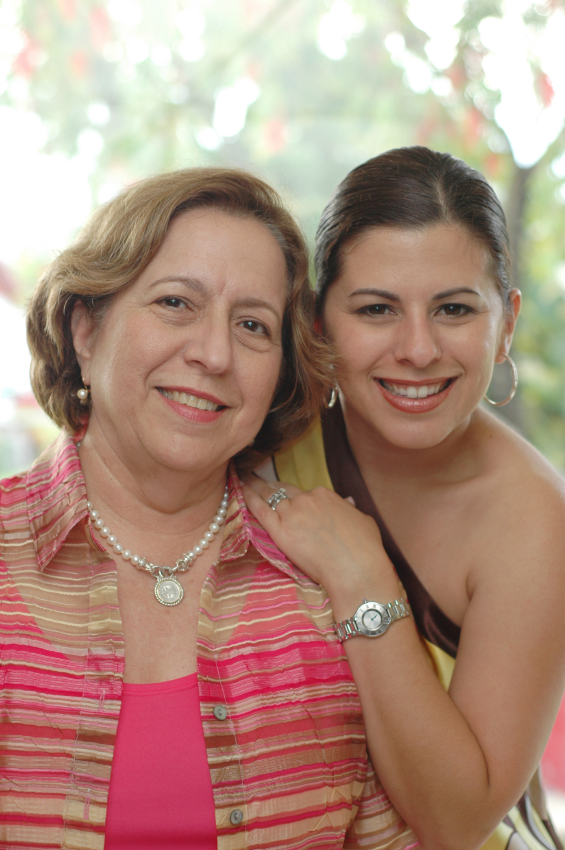Finding Support for the Cancer Caregiver

If you are helping to care for a loved one with cancer, you are a “caregiver.” It can be an incredibly rewarding role, but it can also take an emotional and physical toll. You need support, too.
Some caregivers find it difficult to ask for help. You may feel embarrassed or like you’re imposing on others. But getting help is important—for both for you and the person you are caring for.
The website Help for Cancer Caregivers was created especially to help you take care of yourself, while you take care of your loved one.
CancerCare client Kathryn opened up about her caregiving experience after her husband was diagnosed with melanoma. “One of the biggest challenges that I was facing as a caregiver was feeling the need to be ‘on’ all the time, feeling that I had to be the one who remained strong and healthy. I was surrounded by people who loved both of us and supported us, but there was no one in the room who really understood what I was going through.”
To be the best caregiver for your loved one, seek support and information from others. Caregivers who receive help report feeling less isolated, anxious and depressed. And, having a community of support can free up their time and help them maintain their physical and emotional well-being, which in turn makes them better able to care for their loved one.
“Some of the most important things to keep in mind while caring for a loved one is that it’s important to listen to them and give them a safe space, but also to have them listen to you and let them take care of you a little bit sometimes,” shared Kathryn.
Help for Cancer Caregivers is a unique collaboration of organizations with a shared goal of improving the health and well-being of the people who care for people with cancer. CancerCare has additional resources dedicated to helping you cope, including support groups, publications and podcasts. For additional help, reach out to one of our oncology social workers by calling 800-813-HOPE (4673).
